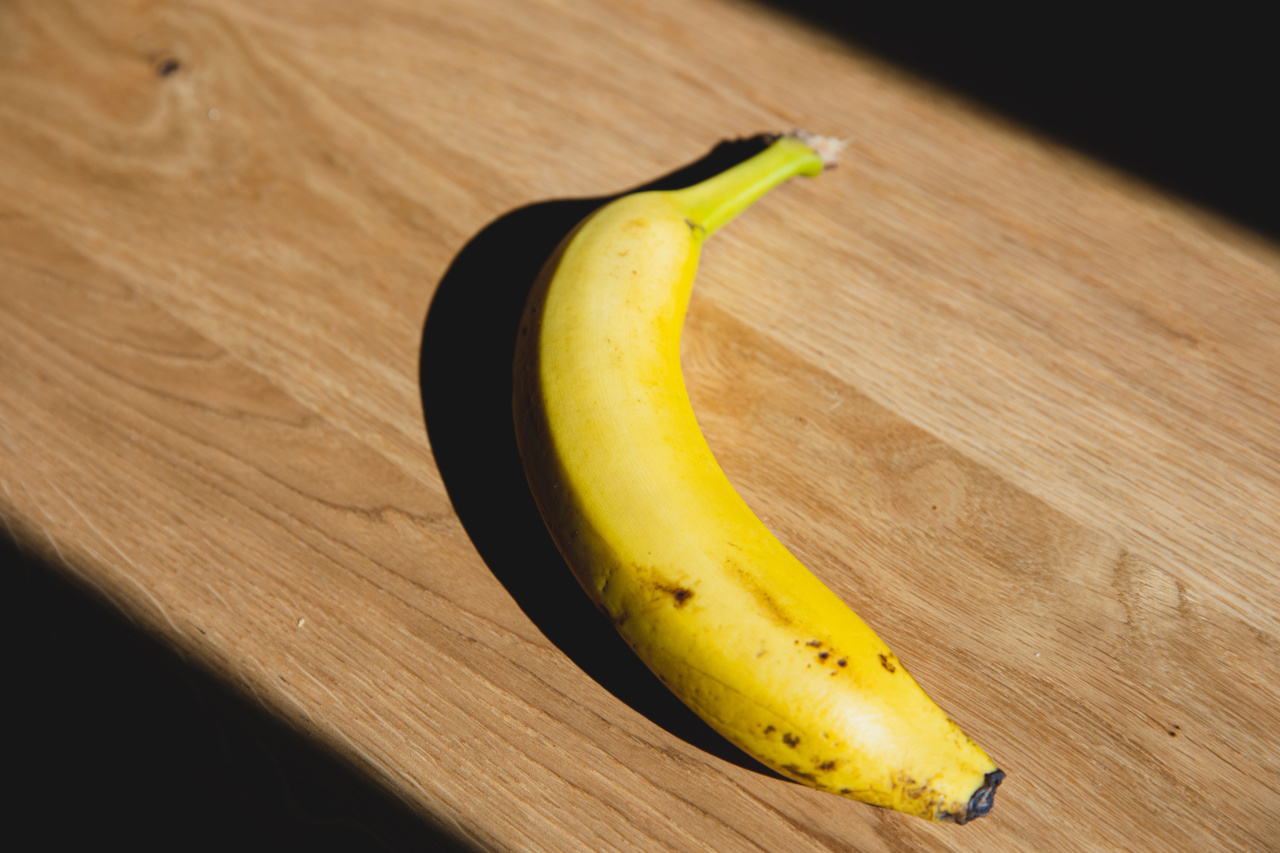When it comes to maintaining a healthy lifestyle, many people focus on low-calorie foods. However, there are instances where consuming high-calorie foods is necessary or beneficial.
In this article, we will explore healthy foods with a high calorie count that provide essential nutrients and promote overall well-being.
1. Avocado
Avocado is a versatile fruit that is not only rich in healthy fats but also high in calories. Just one medium-sized avocado contains approximately 234 calories. Despite their high-calorie content, avocados provide numerous health benefits.
They are a great source of monounsaturated fats, fiber, vitamins C, E, and K, and minerals such as potassium and magnesium.
2. Nuts and Nut Butters
Nuts and nut butters are highly nutritious and calorically dense. They are packed with healthy fats, protein, fiber, and various vitamins and minerals. Almonds, for example, are a great choice with roughly 160 calories per ounce.
Other nuts, such as walnuts, cashews, and pecans, also offer a high calorie count along with their nutritional goodness.
3. Whole Milk and Dairy Products
Whole milk and dairy products like cheese and yogurt are rich in calories, primarily due to their fat content. They also provide essential nutrients such as calcium, vitamin D, protein, and B vitamins.
However, it is important to consume these foods in moderation, especially for individuals who are watching their saturated fat intake.
4. Healthy Oils
Oils like olive oil, coconut oil, and avocado oil contain around 120 calories per tablespoon.
They are a key component in cooking and food preparation, and when consumed in moderate amounts, they offer health benefits like improved heart health and enhanced absorption of fat-soluble vitamins.
5. Quinoa
Quinoa is a nutritious whole grain that is naturally gluten-free and contains approximately 222 calories per cooked cup. It is a complete protein, providing all nine essential amino acids, and is also rich in fiber, vitamins, and minerals.
6. Dried Fruits
Dried fruits like apricots, dates, raisins, and prunes are higher in calories compared to their fresh counterparts. This is because the water content is removed, leaving a concentrated source of nutrients and natural sugars.
However, be mindful of portion sizes as dried fruits can be dense in calories due to their reduced volume.
7. Granola and Muesli
Granola and muesli are popular breakfast cereals that contain high-calorie ingredients such as oats, nuts, seeds, and dried fruits.
While they offer a good dose of energy, be cautious of added sugars and portion sizes to avoid consuming excess calories.
8. Dark Chocolate
A small piece of dark chocolate can satisfy your sweet tooth while providing valuable antioxidants and minerals. With around 150 calories per ounce, dark chocolate with a higher percentage of cocoa offers more health benefits than milk chocolate.
9. Coconut Milk
Coconut milk is a creamy, plant-based milk alternative that is higher in calories compared to other non-dairy milk options. It is rich in healthy fats, iron, and various vitamins and minerals.
Due to its higher calorie content, moderation is key when incorporating coconut milk into your diet.
10. Nutritional Liquefied Supplements
For individuals who struggle to meet their caloric needs due to health conditions or specific dietary requirements, nutritional supplements can be a beneficial option.
These liquid supplements provide a concentrated source of calories and essential nutrients while being easy to consume. It is important to consult a healthcare professional before incorporating them into your diet.
Conclusion
While low-calorie foods often take the limelight in discussions about healthy eating, it’s important to remember that a well-balanced diet includes foods with higher calorie counts.
The key is to choose nutrient-dense options that provide valuable vitamins, minerals, healthy fats, and proteins. By incorporating some of these high-calorie foods into your diet in moderation, you can meet your caloric needs while also nourishing your body.



























